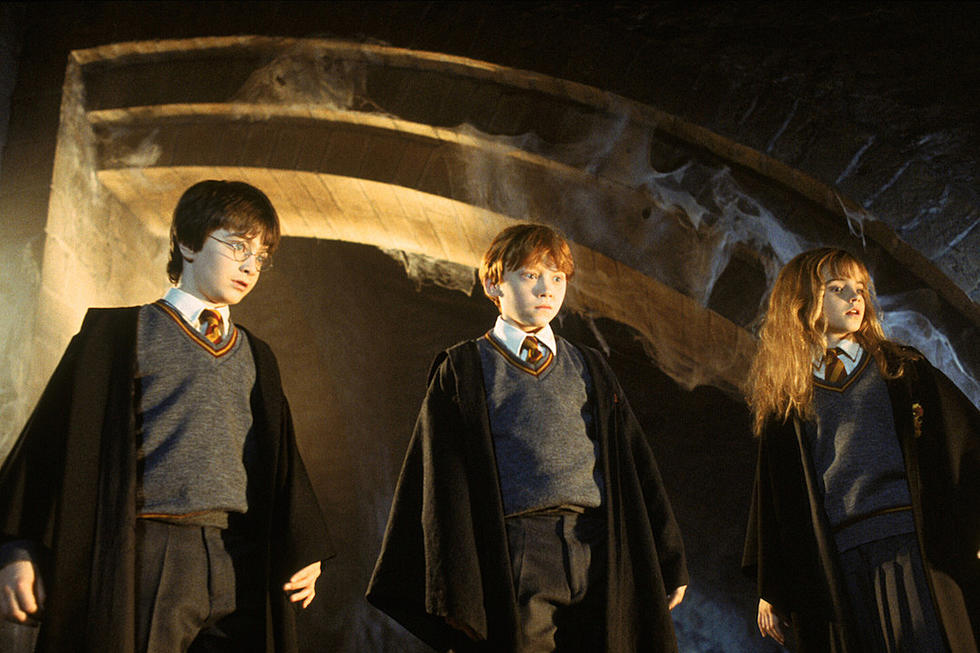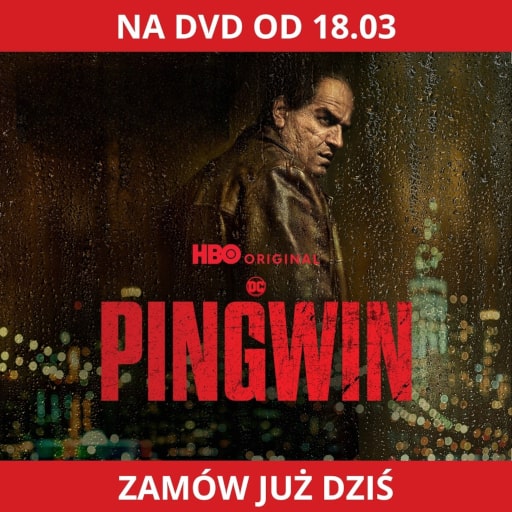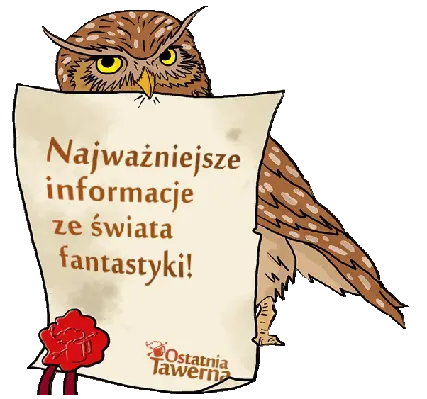At the beginning, they dealt with the issue of the content and values presented in “Harry Potter” and assessed whether it is possible to find such in this series …

Michał: Each of us here has read “Harry Potter” and is able to say a lot about it. So I think we should start our discussion with the most basic point – what do you think was successful with the JK Rowling series and what not? Because I personally think the series is excellent. It contains everything that a good fantasy book should contain – a rich, deep world with a complex, interesting plot and unconventional and incredibly realistic characters. I will not hide that to this day all her volumes are one of my favorite items and I consider them a flagship example of how to create an intriguing and consistently developed story. Not to mention the fact that it’s been from reading Harry Potter my adventure with fantasy literature began and it was thanks to him that it became my passion …
Eliza: This is a theme-river. I, too, think the series is brilliant because of its complexity. I love all the surprising twists, especially the Prisoner of Azkaban , but each part has a lot of them. Each of the characters is very broadly developed in terms of psychology, which allows us to identify with some of them, or to find in them features of people from our surroundings. We become emotionally attached to them. But probably what I loved Harry Potter for the most, there is consistency with which the plot, and with it the characters, developed. Since almost all the action is shown from Harry’s perspective, we also follow his development with each subsequent part. We observe an increasingly complex world, there are problems that have never existed before and thoughts appropriate to an increasingly mature person. Events become more and more dramatic, life becomes more difficult, and the characters have to learn to cope with it.
Wszystko to jest dla mnie o tyle ważne, że dorastałam z tymi książkami. Pierwszą część przeczytałam zanim skończyłam 11 lat, więc – rzecz jasna – oczekiwałam listu z Hogwartu. Na wydanie Czary Ognia już czekałam, a każda kolejna premiera była dla mnie ogromnym świętem. Tak, jak zmieniało się podejście Harry’ego do świata, tak moje – paralelnie – się rozbudowywało. Jak on, byłam coraz starsza i doświadczałam nowych rzeczy. I to jest dla mnie największa wartość tej serii.

Mateusz: Harry Potter to dla mnie przede wszystkim zjawisko popkulturowe, które na nowo otworzyło miliony dzieciaków na fantastykę, rozbudzając ich wyobraźnię i miłość do czytania, ale przede wszystkim stworzyło podwaliny dla podobnych książek. Warto zauważyć, jak wiele osób z pierwszego pokolenia czytelników książek Rowling do dziś zakochanych jest w fantastyce, a przy tym stale poszerza swoje horyzonty gatunkowe.
Podobnie jak Eliza, dorastałem z książką, kończąc swoją przygodę w okolicach liceum. Pamiętam każdą chwilę wyczekiwania na kolejną część, gdy przychodziła pocztą, jęk zawodu przy braku przesyłki. Wówczas wydawało mi się, że dzieło Rowling jest bez skazy, jednak przy okazji kolejnych seansów filmów i dorastania, zaczęła uderzać mnie pewna nieporadność w prowadzeniu bohaterów, szczególnie w okolicach Zakonu Feniksa. Protagoniści zaczęli, niczym bohaterowie horrorów, podejmować głupie i często pozbawione logiki decyzje, decydowali się na nikomu niepotrzebne heroiczne czyny, a wątku Snape’a w stylu ewangelii Judasza już całkiem nie kupuję, bo jest zbyt grubymi nićmi szyty. Z kolei po poznaniu Grindewalda doznałem szoku, że jednak Rowling potrafi pisać czarne charaktery. Voldemort jest dla mnie jednak zbyt płytki i jednowymiarowy. Jest po prostu zły. Zabieg ten co prawda świetnie sprawdzał się w pierwszych częściach (dla młodszego czytelnika), jednak po Czarze Ognia warto było rozbudować postać.
Krzysztof: Hmm, I would rather not call this series “perfect”, despite all my sympathy for her and the fact that as a kid I read these books many times and I knew them almost by heart. Speaking of the beginnings, I started with the Prisoner of Azkaban , whom I had just received as a gift, and then I made up for the first and second volumes to get context. I read the Goblet of Fire shortly after its premiere, and then I went one after the other, waiting with longing for the next installments.
However, putting aside my teenage “psychophanism” aside, I admit that novels have their drawbacks and in many areas they give way to other series from the fantastic plot – regardless of whether we are looking for a complex universe, deep psychological portraits of heroes or captivating, unpredictable action. Except… Potterhowever, it has “that something”. It is indeed a phenomenon that has to some extent breathed new life into the fantasy genre and “raised” a new generation of its current readers. Personally, I think that it is about ideas that are perfect in their simplicity, as well as a kind of joy to write and the enthusiasm with which the author created this story. Rowling is certainly not a grandmaster of the pen, but I always had the feeling that she put a lot of heart into this story – not only did she enjoy it herself, but also enjoyed the fact that she engages many of the young people who get it. And that’s what the market lacked at that time – a colorful, complex, well-written series for young people, which neither smacks of infantilism nor forced moralizing.

